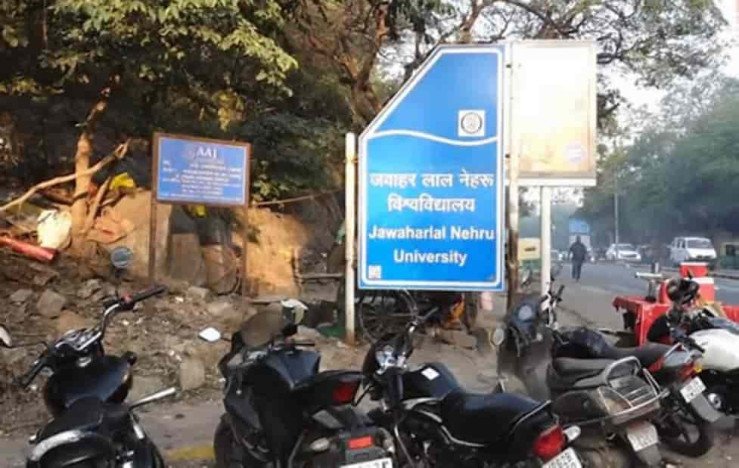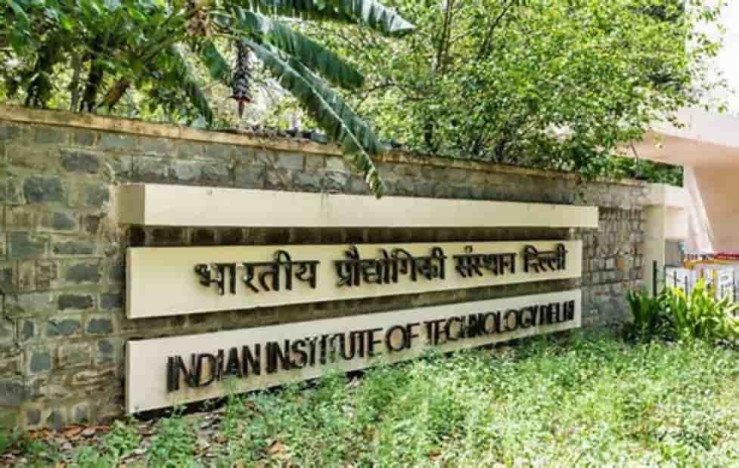Last Updated Feb - 26 - 2024, 07:03 PM | Source : NDTV | Visitors : 49
CBSE announces plans to conduct a study within its affiliated schools to assess the viability of implementing Open Book Examination (OBE) in the Indian educatio

Amid the controversy surrounding the Open Book Examination (OBE) for students in grades 9-12, the Central Board of Secondary Education (CBSE) has announced plans to conduct a comprehensive study within its affiliated schools to assess the viability of implementing the OBE within the Indian educational framework.
The decision is consistent with the guidelines of the National Curriculum Framework for Secondary Education (NCF-SE). Initially, the Board intends to experiment with the OBE technique and assess its practicality in the Indian setting.
Contrary to media reports, the CBSE has refuted claims about immediate plans to introduce the OBE in selected schools as part of a pilot run for specific subjects and grade levels. Instead, the Board is currently focused on initiating a study to ascertain the feasibility of the initiative.
In an interview with Education Times, Joseph Emmanuel, the Director of Academics at CBSE, clarified the Board's stance on the OBE, stating, "Some media reports have created confusion; the CBSE has decided to undertake a study to understand the feasibility for bringing assessment reforms like the OBE based on recommendations in the NEP-2020 and NCF-SE 2023. The study would be conducted in select CBSE schools as it is important to first experiment, and then examine the viability of the OBE."
Mr Emmanuel further elaborated, "The CBSE has earlier introduced case-based questions in the board exam paper; students can answer the case-based questions only if they have a conceptual understanding."
The Director of Academics at CBSE emphasized the need for CBSE to assess whether embracing the OBE assessment would genuinely benefit students.
"A country as vast as India, with learners from diverse backgrounds, requires extensive preparation and support before implementing OBE assessments," Mr Emmanuel said.
"CBSE must determine whether adopting the OBE assessment will truly benefit students. Therefore, conducting a study on OBE is imperative," he adds.
The OBE was initially introduced by the CBSE in 2013-14 but was subsequently discontinued due to negative feedback from stakeholders, including students and parents.
The recent reconsideration of OBE aligns with the directives of the National Education Policy (NEP) 2020, which emphasizes the exploration of various examination methodologies for the betterment of students' learning experiences.
READ MORE| UGC Aims to Release 1,500 Publications in Indian Languages

Feb - 24
New Delhi saw a major development in school education when Education Minister Dharmendra Pradhan launched Teacher App 2.0, an upgraded digital plat... Read More

Feb - 24
Tensions have surfaced at Jawaharlal Nehru University (JNU) after authorities issued a strict warning regarding what they described as unruly behav... Read More

Feb - 24
In a major step towards academic flexibility, the Indian Institutes of Technology (IITs) have introduced a new system that allows students to study... Read More